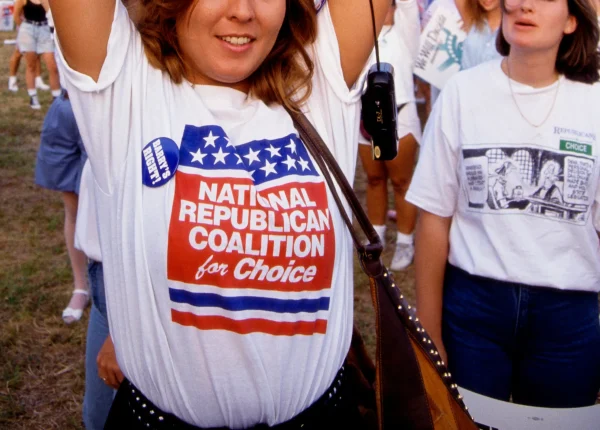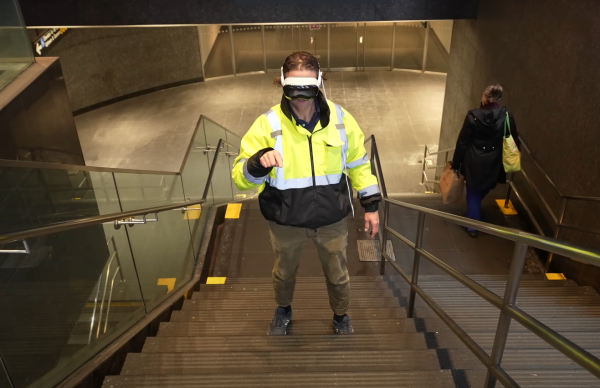Student response to Last Issue, “Where is the Factual and Reliable Information?”
In the last edition of the UNews, an opinion piece entitled “Where is the Factual and Reliable Information?” posed the relevant question that makes up its title. The article advances a series of inferences and determines that the Billiken Readership Program has been discontinued, possibly due to budget cuts.
In actuality, the Billiken Readership Program had been fully reinstated a full three days before that article was published. Although this delay was not adequately communicated to the student body, there were also several elements of this article that could have been more conducive to the change that the author sought. In the article that was released, I perceived a clear lack of research, something that even opinion writers are held accountable for conducting to legitimize their work. One example of this lack of research is clear when the article concludes by questioning who is responsible for the unfulfilled program, when a simple Google search of the program reveals that it is the Student Government Association that manages Billiken Readership and provides additional details. Furthermore, during the brief two-week delay of newspapers on campus, a number of students reached out to me about the missing newspapers, and I informed them of the delay and pointed them to the additional resources that SGA provides. I never heard from the author of that article, but if I had, I would have informed them of the delay as well.
Despite these facts, this article presents an occasion for me to share a few thoughts on what I’ve learned about institutional change at SLU over the years. During my three years, I have been surprised and encouraged by how much my peers care about SLU as an institution and those who walk West Pine (within the gates and beyond). With great care comes a great desire to improve, and there have been many efforts over the years to do just that: create a better, more inclusive SLU. However, far too often, I find myself disappointed with the model used for change. I’ve seen friends and foes respond to grievances with SLU in reactionary and accusatory ways. These hasty responses include shaming and sometimes a general lack of respect for those who are in positions of influence or authority at the University—those who may be envisioned as enemies but in reality are our greatest allies.
Reflecting on this, I wanted to share the process that I have found success using in my time at SLU and that I would recommend for students seeking to make changes and improvements to our community:
- Research: Is what you’ve heard factual? Have you heard it from multiple sources that come from various social circles or identify in different ways? Do you know who can help? Who might be able to give you more information? Who are your stakeholders?
- Develop and ask relevant questions: Leverage what and who you know to figure out who might be able to assist you. Then think about the kind of questions that will help you develop a compelling case. Always approach these situations with a degree of humility. Immediate accusations or reactions come across as uninformed if proper questions haven’t been asked.
- Craft sound arguments: Imagine yourself as the person you are trying to persuade. What is compelling about what you are proposing? What external or unintended consequences could arise as a result of your proposal?
3a. If you are having trouble coming up with a sound argument, reflect on what you’re proposing and why you are proposing it.
- Negotiate: If you face obstacles or receive a “no,” ask what can be done and how you can help.
- Reach out to other resources: If issues persist, ask for help.
In a time where revolution is often the first response to disagreement or misunderstanding, it is increasingly important to recognize that revolution is not always a first step. Consider reformation. SLU is a complex place, mostly filled with very caring people. Sometimes, they just need a little nudge or to be made aware of issues that exist. When we presume the good, as St. Ignatius encourages us to do, we are better neighbors and welcome collaboration.
And yet the question remains: where is the factual and reliable information? I’d argue that factual and reliable information is hard to find. It takes some effort to uncover. The New York Times is not flawless (have you seen their corrections page?), and neither is SLU. I am committed to making SGA more approachable by increasing communication with the student body. SLU’s administration should be held to the same standard. We have much work to do, but we can only move forward together.
Your donation will support the student journalists of Saint Louis University. Your contribution will help us cover our annual website hosting costs.










